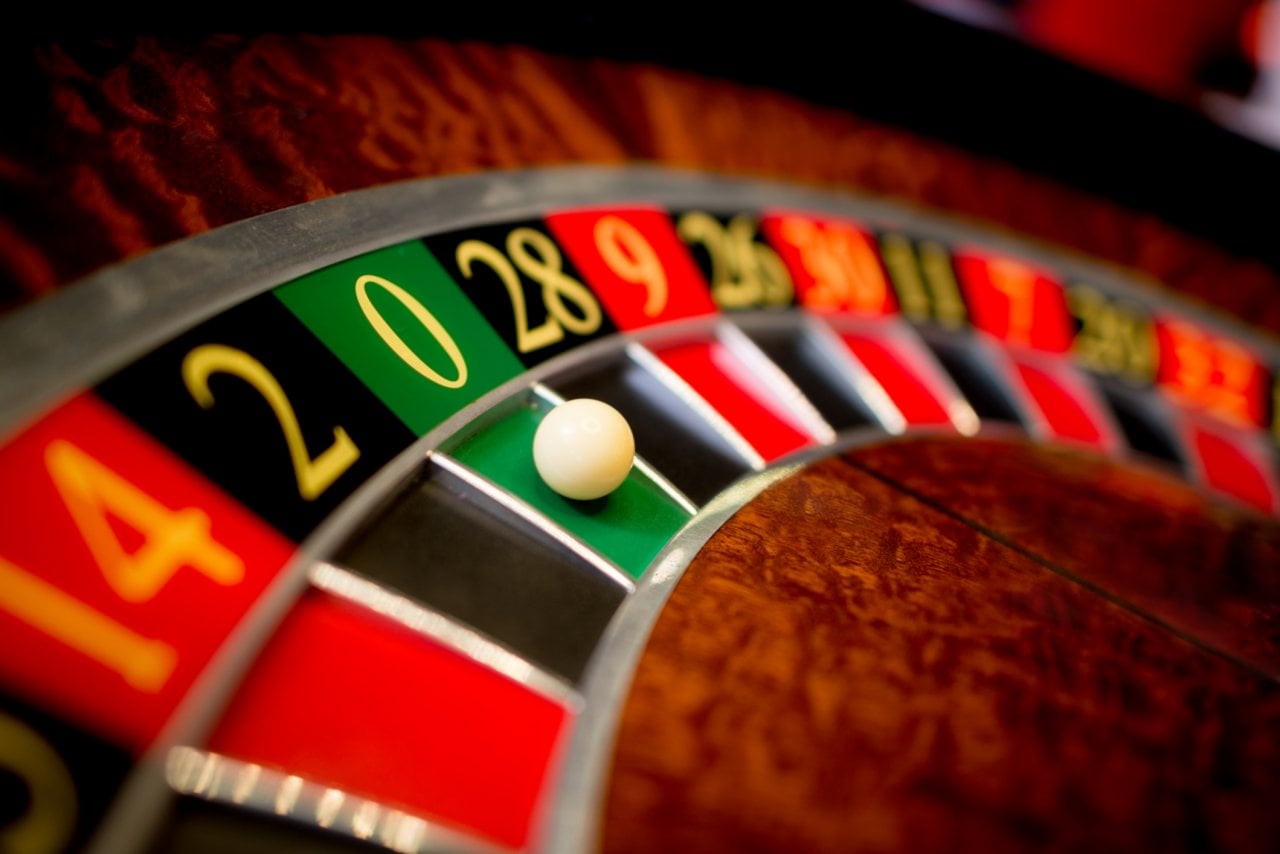Gambling Affecting Mental Health
Gambling can also be a coping mechanism for those struggling with their mental health. Winning provides immediate happiness or gratification. It also gives individuals a sense of purpose or connection to others. Mental health and gambling is indeed a cyclical pattern.
Shaffer HJ, Bilt JV and Hall MN (1999) Gambling, drinking, smoking and other health risk activities among casino employees. American Journal of Industrial Medicine, 36, 365-378. Wohl MJA et al (2002) The effects of near wins and near losses on self-perceived personal luck and subsequent gambling behaviour. Although a lot of people gamble to escape feelings of depression or other mental health problems, gambling can actually make these conditions worse. One reason that problem gambling can affect mental health is the way people experience ‘highs’ and ‘lows’ when gambling. For individuals aged from 55 to 86 years, the gambling addiction is associated with health problems, while in middle age the disorder is associated with economic problems.
How The State Of Your Mental Health Can Lead To Gambling
Many of us are only aware of how gambling may affect our mental health. Few of us understand how underlying disorders may lead to an addiction. Yes, your mental well-being can also influence your likelihood of frequenting casinos and related websites.
Being aware of this relationship can help us determine the signs of problem gambling earlier. Doing so will allow us to keep watch over our loved ones as well as ourselves.
Now, let’s discuss how our mental state can lead to problems with gambling.
Impulsivity Can Lead To Gambling
When someone is impulsive, they tend to act without thinking things through. It’s essentially “do now, think about the consequences later.” Instinct drives their behavior, and they often do so to gain pleasure or positive results. For instance, purchasing a cake when you only need to get essentials is an impulsive act.
However, impulsivity also frequently involves risky actions. Examples of such are running across the street without checking both sides, driving when drunk, and destroying property. Meanwhile, an example of an impulsive control disorder is Kleptomania, which is the uncontrollable urge to steal something.
Impulsivity characterizes numerous conditions, including Attention Deficit Hyperactivity Disorder (ADHD), Bipolar Disorder, and Obsessive-Compulsive Disorder. Those with such may be more likely to gamble and later develop an addiction to it.
Due to their ADHD, those with this condition may turn to card games and slot machines to deal with boredom. It’s because such acts satisfy their need for stimulation. A French study found out that, of the three symptoms of ADHD, impulsivity had the most substantial ties to excessive gambling.
As for bipolar disorder, manic phases are characteristically impulsive. During mania, individuals have disinhibited social behavior, higher self-confidence or grandiosity, and impaired judgment. They tend to have elated or extreme moods. All these factors can lead them to impulsively gambling.
Gambling As A Coping Mechanism
Similarly, people may also tend to gamble to cope with the difficulties they face. Those with mood disorders may find it challenging to deal with their emotions. In turn, they may use cards and betting to get by.
Depression, for example, isn’t only a product of gambling addiction. Gambling can be a new source of happiness for someone who has lost interest in their other hobbies and daily activities. But it can also be the cause of such a problem.

Winning at Blackjack or betting on the right horse can alleviate feelings of helplessness and extremely low self-esteem. It can provide instant gratification for someone who continually feels low.
Individuals may also gamble so that they can relieve stress. Instead of de-stressing through healthy methods such as exercising, journaling, or simply watching television, they choose to escape their problems by turning to the tables or the horses.
Moreover, having other harmful coping mechanisms can also lead to gambling addiction. For instance, researchers also link substance abuse to this problem. One reason is that drinking and gambling often happen at the same time. People like to enjoy alcohol as they play Poker and other games at the table.
Physical Factors In The Brain
With mental health disorders, there may still be an essential physical aspect. For example, while external factors may cause depression, it also has a biochemical component. While these chemicals are not the sole cause of mood disorders, they still play a significant role.
Nerve cell connections and growth, and nerve circuits can impact a person’s mental health. They are also involved when it comes to addictions, such as problem gambling. When someone wins at a game or places a bet, the brain’s rewards system releases dopamine.

A person who has depression is likely to turn to dopamine-inducing activities such as gambling, since they may experience low levels of this chemical. Such activities can thus have a cyclical pattern.
Summary
When we think about the relationship between gambling and mental health problems, we believe the former leads to the latter. However, it can also be the other way around. The challenges we face with our mental well-being can make us more likely to try to gamble. It can also set us on the path to addiction or problem gambling.
Impulsivity is a characteristic of conditions such as bipolar disorder and ADHD. Being impulsive could mean going to the casino and placing large bets without first thinking it through.
Gambling Affecting Mental Health Issues
Gambling can also be a coping mechanism for those struggling with their mental health. Winning provides immediate happiness or gratification. It also gives individuals a sense of purpose or connection to others.
Gambling Affecting Mental Health Facilities
Mental health and gambling is indeed a cyclical pattern. We must reach out to our loved ones and seek professional help to break the cycle. Taking care of our mental well-being is also a way of avoiding gambling addiction’s slippery slope.